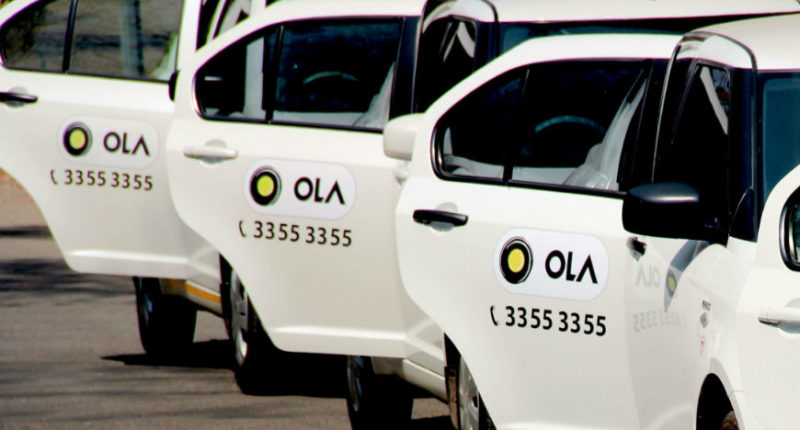London is not turning out the best of the places when it comes to ride-hailing companies. While Uber has continued to face difficulties in operating in that region, it is now Indian ride-hailing service OLA, that is taking a hit. London transport regulator, Transport for London (TfL), has withdrawn OLA’s London operating license owing to passenger safety risks.
The TfL said OLA is not ‘fit and proper’ to possess a private hire vehicle operator’s license and poses a risk to passenger safety. It said in a statement, ” We cannot find it (OLA) fit and proper to hold one after discovering a number of failures that could have risked public safety.”
The Indian private taxi company has been reportedly undertaken over 1000 passenger trips carried out by unlicensed drivers and vehicles, according to the TfL. Moreover, OLA has also been booked for failing to notify the TfL regarding these license breaches and failures when they were identified.
This is not the first such case in the London private taxi market where a company has been deemed not ‘fit and proper’. Uber has been fighting TfL’s ban on its operating license for years now, only to find some relief very recently after a court ruled on Uber’s appeal that it is ‘fit and proper’ to run its business in London city. Despite Uber’s license being stripped off in 2017, it still continued to operate, courtesy of the appeal it had raised in 2018.
Similarly, even OLA has the power to continue operating in the city until a decision is made on the appeal it makes. TfL said the company has 21 days to appeal against the license ban.
OLA in a statement to ET said it was working with TfL during the review period and “have sought to provide assurances and address the issues raised in an open and transparent manner. Ola will take the opportunity to appeal this decision”. The company had begun operations in the city in February this year, after going through a slew of strict approvals and tests that London is famous for.
The license ban in London adds to the existing pressure that OLA is facing in the European continent. Last month, the ride-hailing company ran into trouble in the Netherlands after two private drivers along with the App Drivers & Couriers Union (ADCU), the International Alliance of App-based Transport Workers (IAATW) and Worker Info Exchange, filed a case against OLA for denying drivers’ data access rights and unfair algorithmic management on its platform.
The Tech Portal is published by Blue Box Media Private Limited. Our investors have no influence over our reporting. Read our full Ownership and Funding Disclosure →





